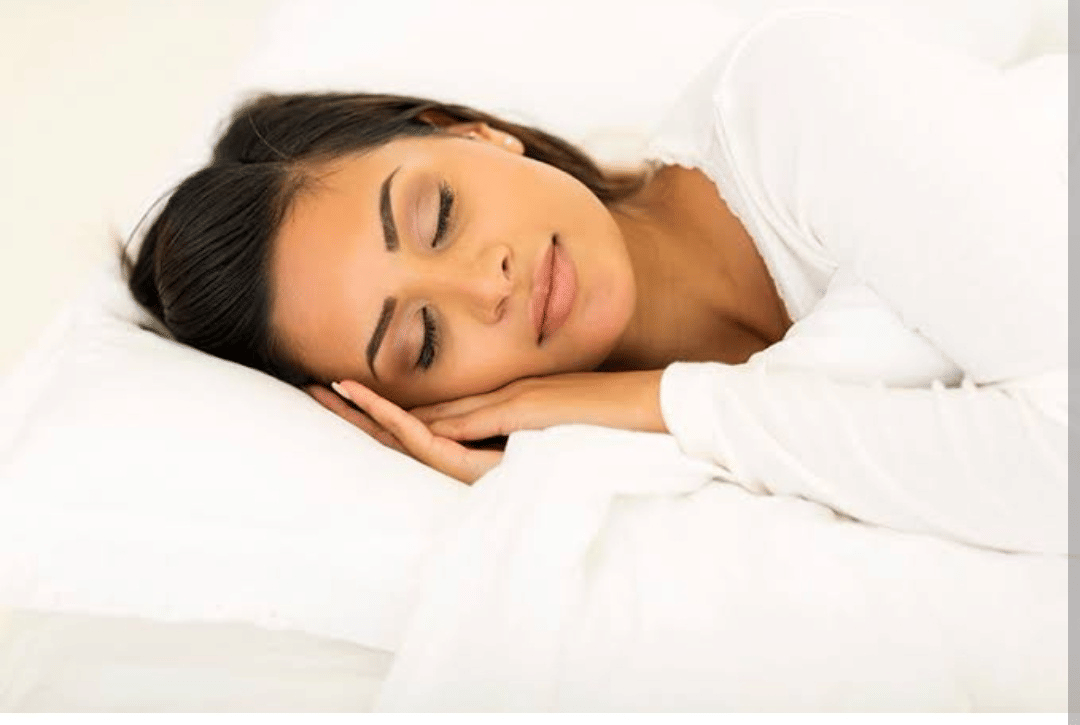One of the most important and beneficial activities for health. And so rare is “good sleep”, that often this is what one dreams of. Everyone is constantly on the lookout for methods or tricks to ensure a good night’s sleep which is also why there are enough and more myths about getting there. We hear them often, and may even experience them. Sometimes false information can be serious and detrimental to health. It is important to dispel some of the common myths and separate fact from fiction in order to better help those suffering from sleep disorders.
Myth: We mandatorily need eight hours of sleep each night.
Fact: To be honest there is simply no magic number for the amount of sleep people need. Everyone has different requirements as some of us cope far better on less hours of sleep than others. A good way to gauge how much sleep you need is by how you feel the next day. But regularly getting less than six hours of sleep a night is not ideal. According to research conducted at Warwick Medical School, it has been found that those who frequently get fewer than six hours of sleep a night are at significantly increased risk of stroke and heart disease. Not sleeping enough may also increase the body’s ‘fight or flight’ response, releasing stress hormones that speed up heart rate and cause high blood pressure.
Myth: Once a poor sleeper, always a poor sleeper.
Fact: Know someone or are someone who is a poor sleeper – tossing all night? Up at the drop of the pin? Or even wake up feeling more tired than you were the night before? Well, this doesn’t have to be your life till the end of time. It is always possible to achieve better sleep as time goes by. There are many steps one can take to induce better sleep. Start by making small changes to your bedroom environment– check whether it is cool enough, sound-free and dark. You may also improve sleep hygiene by keeping electrical devices like TVs and laptops out of the bedroom. Give yourself enough time to wind down properly before bed and make sure that you have a comfortable mattress that supports your body and elevates your sleep experience. Additionally, a combination of a healthy Lifestyle, exercise and diet is vital for getting a good night’s sleep.
Myth: Daytime naps are bad for you / are only for children
Fact: It is a known fact that daytime naps for a baby are the ultimate blessing- it helps them to rest and recuperate after a long night of staying up. As we grow up, we are told to cut back on these naps- but unlike what people believe it is not because they are “bad” for health but rather they are discouraged due to the effect they have on nighttime sleep. That being said, if on some nights, you haven’t slept well, a planned daytime nap is known to improve alertness without necessarily affecting nocturnal sleep. In fact, experts say that it can give you as much energy as two cups of strong coffee, but the effects are longer-lasting.
Myth: Memory Foam Mattress are the best for deep and healthy sleep
Fact: The numerous advertisements that one is exposed to from brand that talk about memory foam has over the years led to us believe that memory foam mattresses truly are the best. This is not the case. Memory foam is a polyurethane foam, meaning it compresses under pressure and has chemicals that heighten its viscosity and elasticity. Customer reviews prove that over the years these mattresses have sagged, hurting their backs and leading to other lifestyle problems. Additionally, research has revealed that memory foam may be composed of toxic chemicals which are not good for health. There are a handful of alternatives that are available in the market, and it would be best to choose mattresses like that use Smart Grid technology that don’t use toxic material, and promote healthier sleep.
Myth: Your brain is inactive when sleeping.
Fact: We all know that sleep is very important for our body to rest, but there are many who think that the time we spend sleeping is also when our brain winds down and remains inactive. This is abolutely untrue; while the body does rest while sleeping, the brain remains active for as long as we continue breathing. In fact, it is during the time when we are sleeping that our brain refreshes and recalibrates itself. During this time, your brain washes away any and all toxins and waste by flushing cerebrospinal fluid in and out, which promotes healthy cognitive function.
These are but a few of the more common sleep related myths that we have debunked, and one is bound to come across hundreds more. However, regardless of what you read or hear, the one truth remains that there is certain amalgamation of factors that together influence your overall quality of sleep, and this might also include something as immutable as genetics or a more manageable like a mattress or even night habits. So, the next time you are looking at securing your sleep; re-evaluate all the small things that add up to your sleep experience. Maybe have a good look at your mattress and less so on your digital screens!
Authored Article by Priyanka Salot, Co-founder, The Sleep Company

